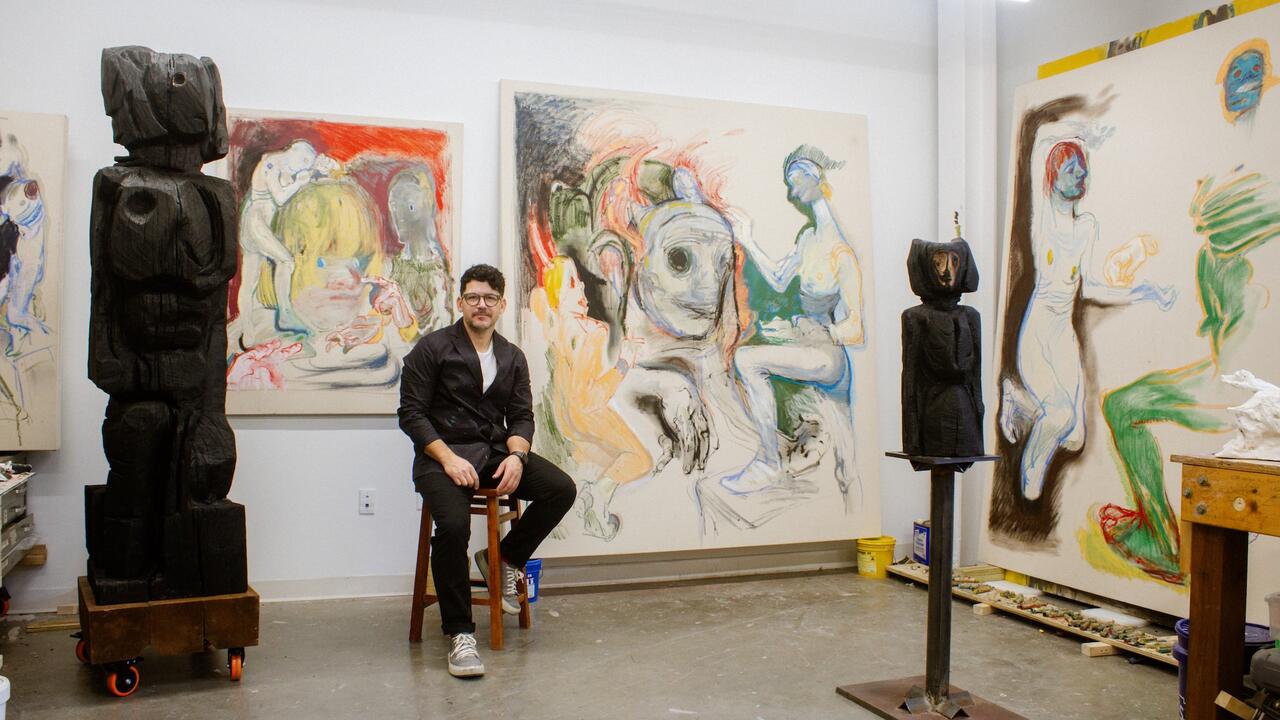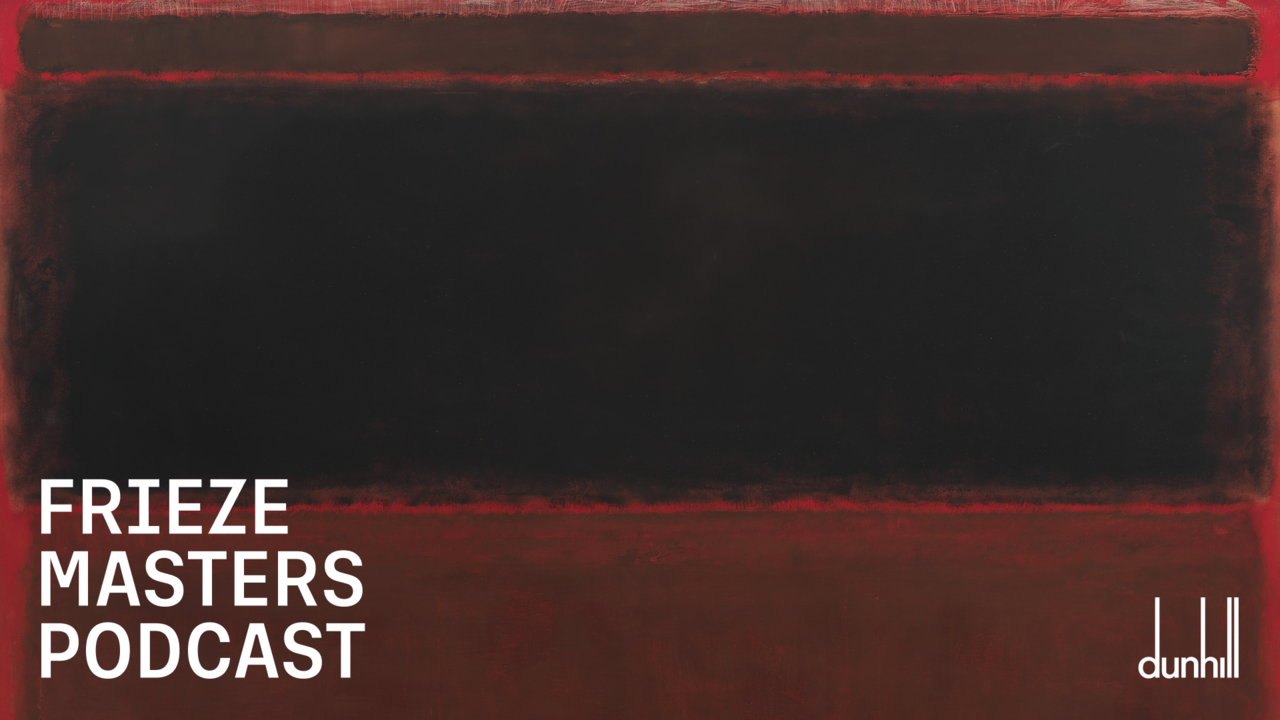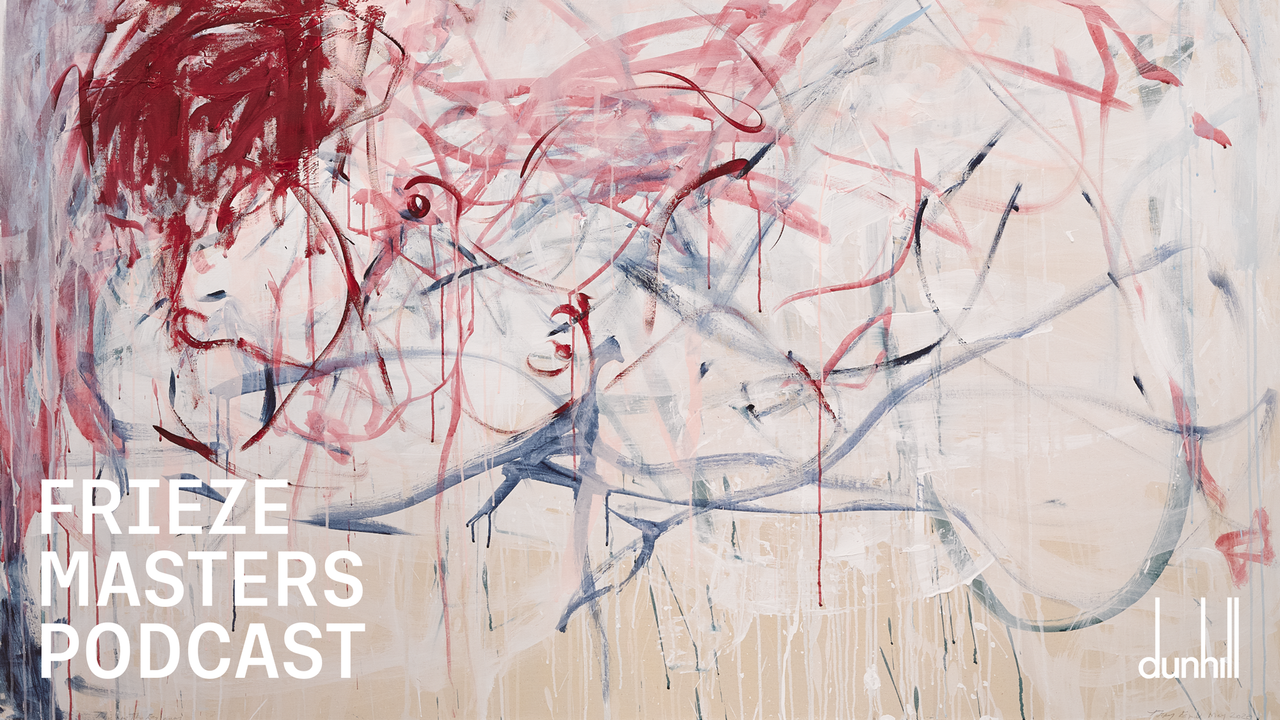Can Artists’ Nude Protest Convince Facebook to #FreetheNipple?
Social media giant to meet with activists demanding end to artistic censorship
Social media giant to meet with activists demanding end to artistic censorship

Facebook will reassess its policy on artistic nudity, it was announced by a group of censorship activists on 5 June. The decision came three days after a demonstration, which used the #WetheNipple hashtag, that drew public attention to flaws in the social media company’s policy.
On 2 June, 125 nude activists convened outside Facebook’s headquarters in Manhattan for a photoshoot to protest the social media company’s censorship of women’s nipples. The protestors, who were photographed by artist Spencer Tunick, wore male nipple stickers over their breasts to draw attention to apparent inequality in Facebook’s policy, which states: ‘we restrict some images of female breasts that include the nipple.’ Facebook does allow some images of female breasts including ‘those depicting acts of protest, women actively engaged in breast-feeding, and photos of post-mastectomy scarring. We also allow photographs of paintings, sculptures, and other art that depicts nude figures.’
Tunick’s photographs were inspired by the work of artist Micol Hebron and the stickers worn by protestors were created by the nonprofit alliance National Coalition Against Censorship (NCAC). Celebrities, including artist Andres Serrano, actor Adam Goldberg and Red Hot Chili Peppers’s drummer Chad Smith donated photographs of their own nipples for the cause. Protestors were given stickers based on their areola size and colour.
Following the protest, the NCAC sent a letter to Facebook’s Head of Global Policy Management, Monika Bickert, demanding an end to artistic censorship.
‘We acknowledge that moderating content for billions of users with diverse values presents unprecedented challenges,’ the letter read. ‘But this challenge does not justify banning all photographic images of the nude body.’
Now Facebook is looking to revaluate their policy. In a statement released by the NCAC, who co-organized the protests with photographer Tunick, they said Facebook will bring together a ‘group of stakeholders including artists, art educators, museum curators, activists, as well as Facebook employees’ to ‘discuss the issue of nude photographic art and the harm done to artists, provide insights into the challenges Facebook has faced in developing its nudity policies, and explore ideas for a path forward.’
The NCAC said it looked forward to working with Facebook ‘ to tackle the challenges of serving diverse communities and develop policies that recognize the value of one of their core communities: creative artists.’
In a statement sent to frieze, a spokesperson for Facebook confirmed that the social media company had agreed to meet with the National Coalition Against Censorship ‘and other stakeholders’. They said: ‘Our conversations with the National Coalition Against Censorship preceded last weekend’s demonstration, and will continue on long after. It’s important for us to hear from directly from different communities who use Facebook and Instagram.’




















